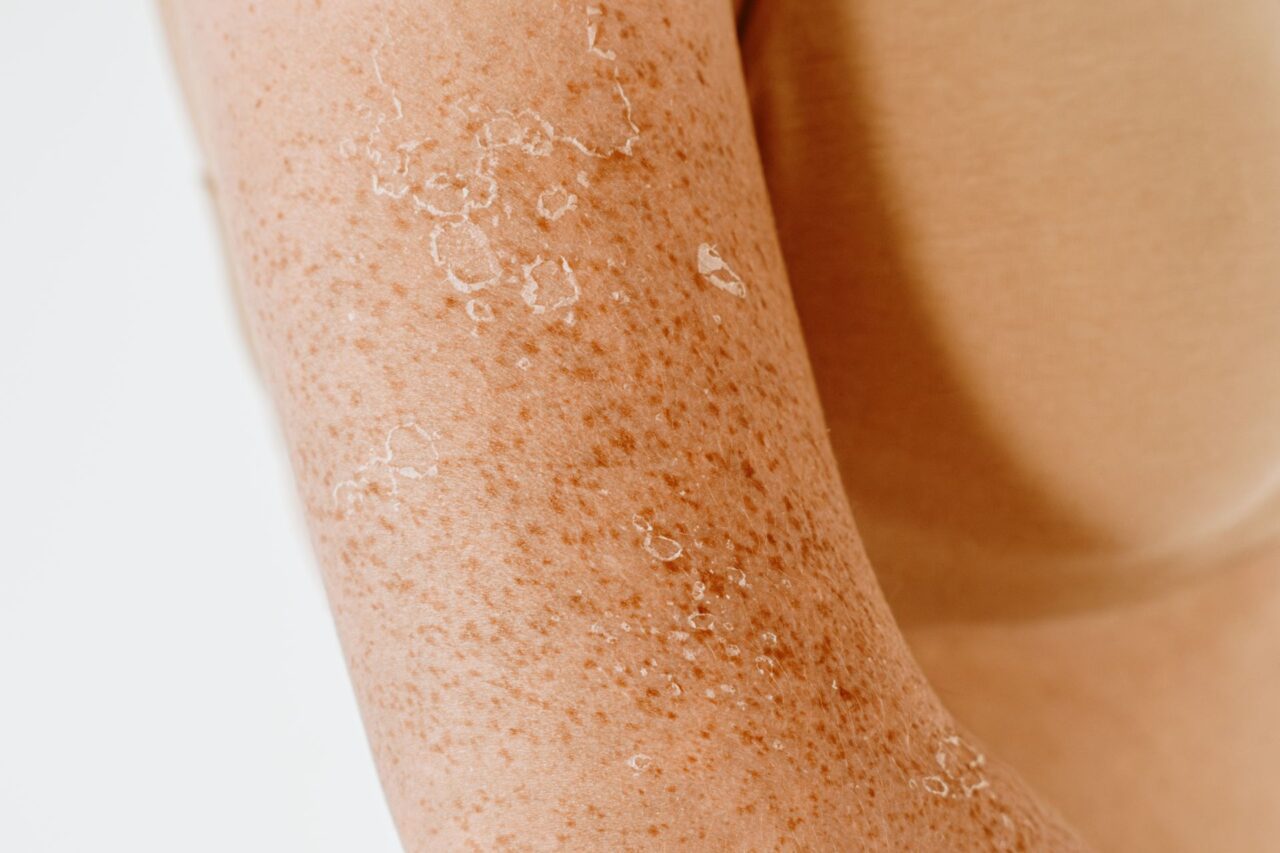Introduction
Welcome to our comprehensive guide on Kindler Syndrome Diagnosis: A Thorough Guide. If you or someone you know is dealing with Kindler Syndrome, understanding the diagnosis process is crucial. In this article, we will walk you through the intricacies of diagnosing Kindler Syndrome, ensuring you have the knowledge and insights needed to navigate this challenging journey.

Kindler Syndrome Diagnosis: A Thorough Guide
Kindler Syndrome Diagnosis is a complex and multifaceted process. It involves several stages, tests, and examinations to provide an accurate assessment of the condition. Here, we break down the essential steps involved:
| Heading | Description |
| Understanding Kindler Syndrome | To diagnose Kindler Syndrome effectively, it’s vital to first understand what this rare genetic disorder entails. |
| Clinical Evaluation | A thorough clinical evaluation by a healthcare professional is the initial step. They will assess the patient’s medical history and symptoms. |
| Skin Examination | Since Kindler Syndrome primarily affects the skin, a detailed examination of the patient’s skin is conducted. |
| Genetic Testing | Genetic tests are pivotal in confirming the presence of Kindler Syndrome. We delve into the specifics of these tests. |
| Biopsy | Skin biopsy plays a crucial role in confirming the diagnosis and ruling out other skin conditions. |
| Consulting a Dermatologist | Dermatologists are specialists in skin disorders and play a significant role in diagnosing Kindler Syndrome. |
| Phototesting | Phototesting helps determine the skin’s sensitivity to UV radiation, a characteristic feature of Kindler Syndrome. |
| Eye Examination | Ocular complications often accompany Kindler Syndrome. Learn about the eye examinations required for a comprehensive diagnosis. |
| Oral Evaluation | Dentists are involved in assessing the oral manifestations of Kindler Syndrome, which include gum and dental issues. |
| Ruling Out Other Conditions | Since some symptoms overlap with other skin disorders, it’s essential to rule out other possible conditions. |
| Collaboration with Specialists | In many cases, a team of specialists, including dermatologists, geneticists, ophthalmologists, and dentists, work together to ensure an accurate diagnosis. |
| Family History Assessment | Understanding the family’s medical history can provide valuable insights into the genetic nature of Kindler Syndrome. |
| Laboratory Tests | Additional laboratory tests may be conducted to evaluate the patient’s overall health and rule out associated complications. |
| Confirming the Diagnosis | Once all tests and evaluations are complete, the healthcare team confirms the Kindler Syndrome diagnosis. |
| Educating the Patient | It’s crucial to educate the patient and their family about Kindler Syndrome to manage the condition effectively. |
| Developing a Treatment Plan | After diagnosis, a treatment plan tailored to the patient’s needs is developed. |
| Managing Symptoms | Discover strategies for managing the various symptoms and complications that can arise with Kindler Syndrome. |
| Lifestyle Adjustments | Lifestyle adjustments and precautions are necessary to enhance the patient’s quality of life. |
| Support and Resources | Learn about support networks and resources available to individuals and families affected by Kindler Syndrome. |
| Research and Advances | Stay updated on the latest research and medical advances related to Kindler Syndrome diagnosis and treatment. |
| Frequently Asked Questions | We answer common questions about Kindler Syndrome diagnosis. |
 Frequently Asked Questions
Frequently Asked Questions
- What is Kindler Syndrome?
- Kindler Syndrome is a rare genetic disorder characterized by skin fragility, photosensitivity, and other complications.
- How is Kindler Syndrome diagnosed?
- Diagnosis involves clinical evaluation, genetic testing, skin examination, and collaboration with specialists.
- Is there a cure for Kindler Syndrome?
- Currently, there is no cure, but various treatments and management strategies are available.
- Can Kindler Syndrome be inherited?
- Yes, Kindler Syndrome is usually inherited in an autosomal recessive manner.
- What are the common complications of Kindler Syndrome?
- Common complications include skin blistering, eye issues, dental problems, and an increased risk of skin cancer.
- Is genetic counseling recommended for families with Kindler Syndrome?
- Yes, genetic counseling can provide valuable information and support for affected families.
Conclusion
Navigating the diagnosis of Kindler Syndrome can be challenging, but with the right information and a supportive healthcare team, it is possible to manage this condition effectively. Stay informed, seek professional guidance, and remember that you are not alone in this journey.
 Frequently Asked Questions
Frequently Asked Questions



